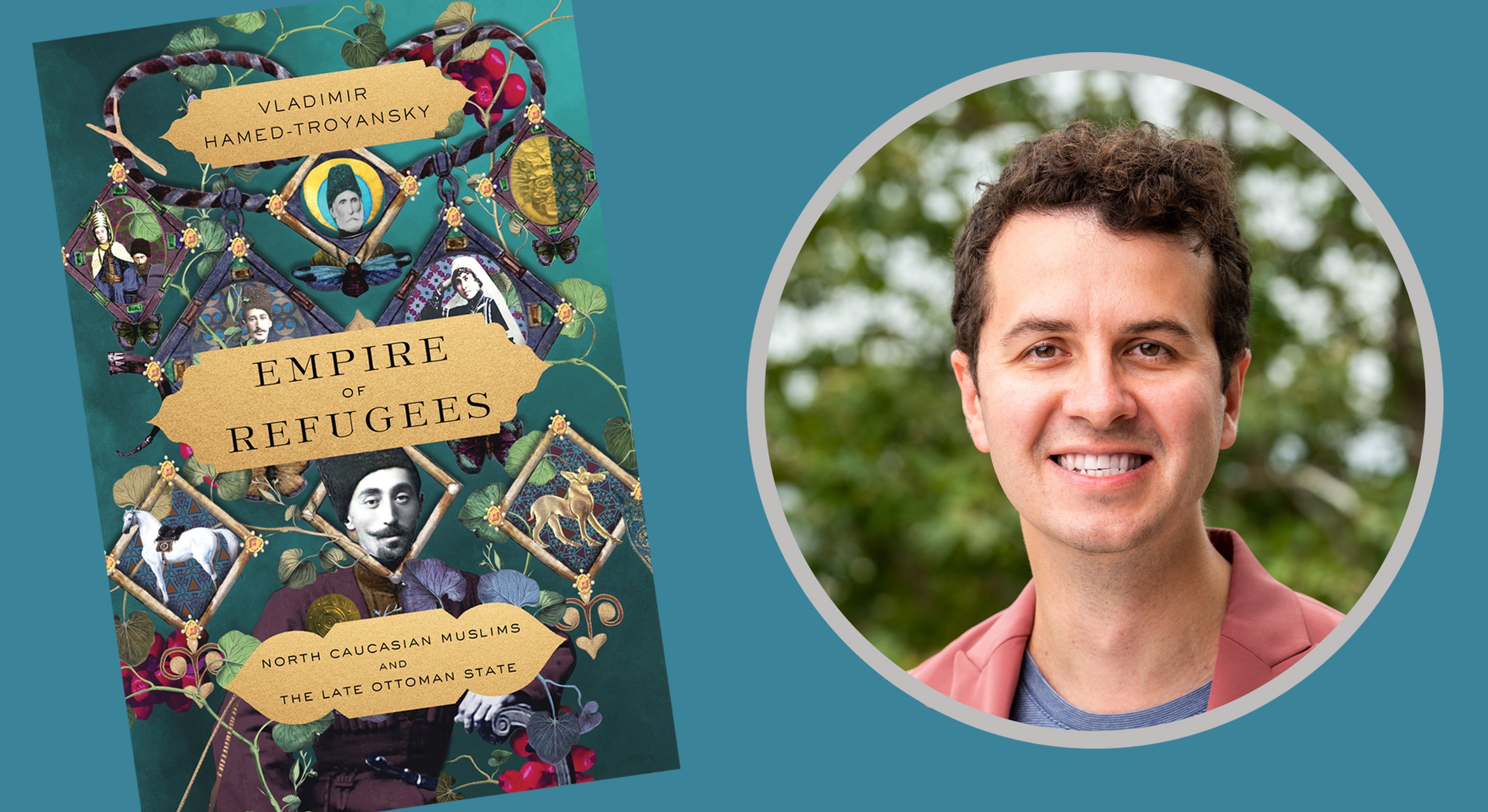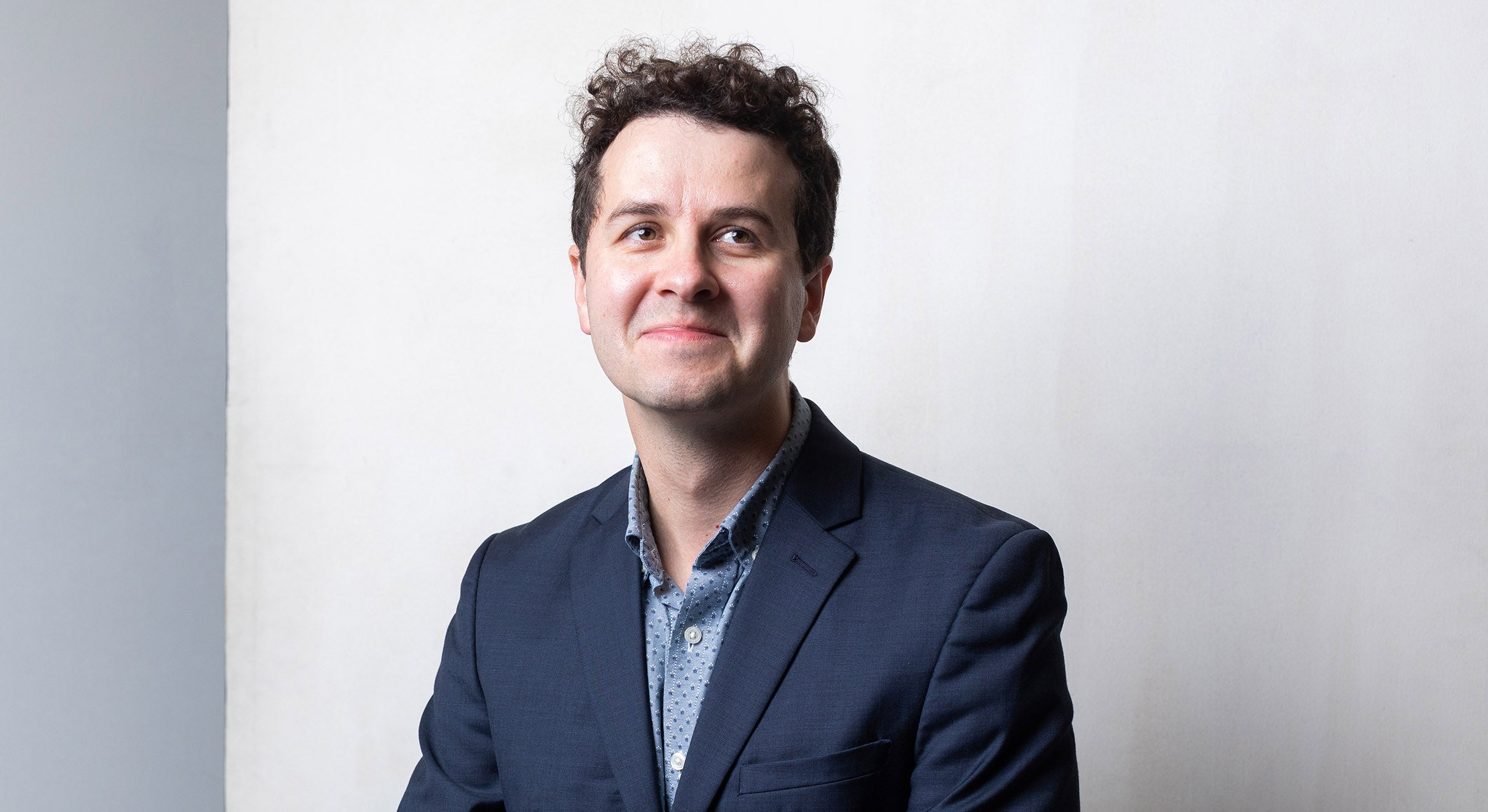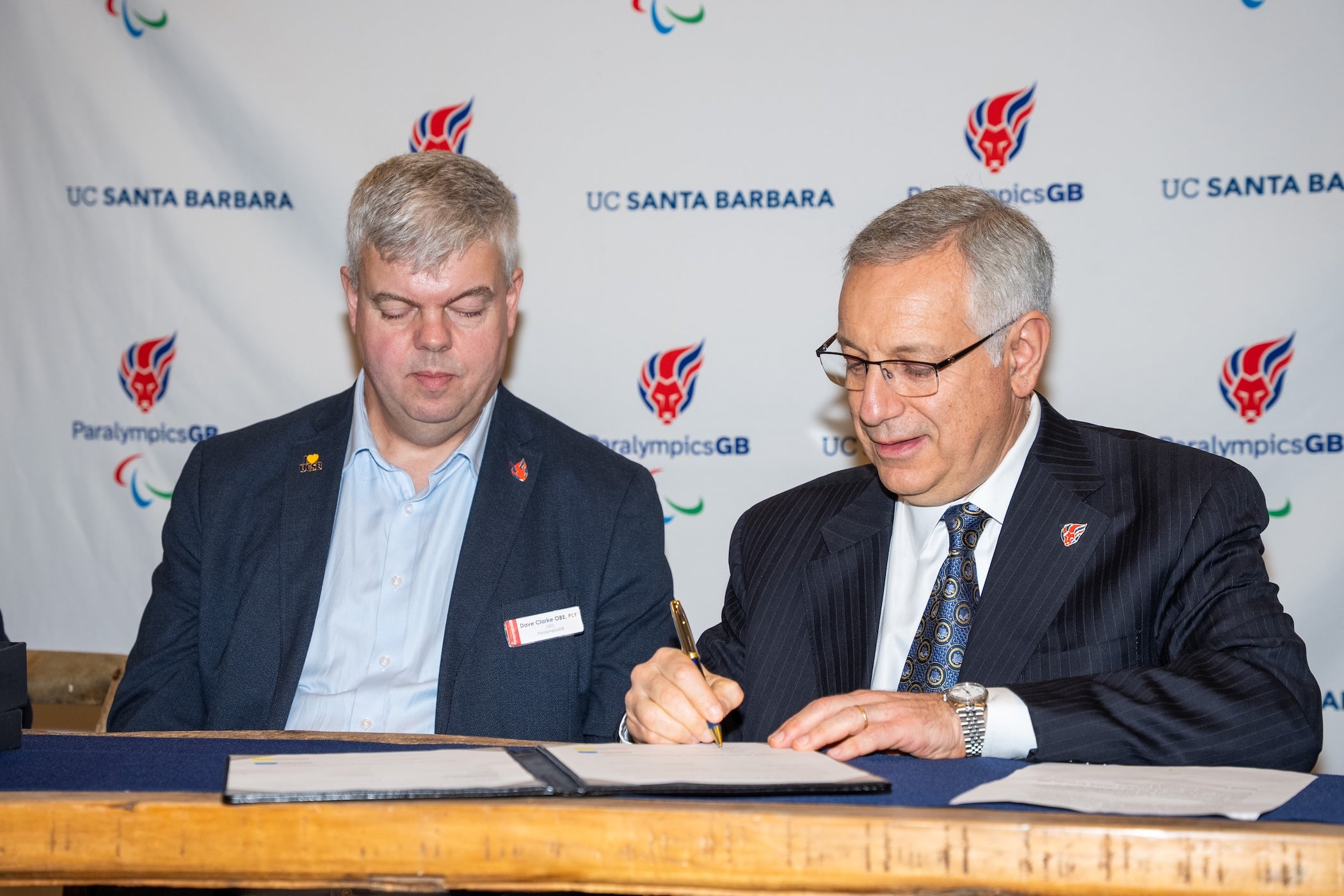New book reveals Ottoman origins of refugee resettlement in Middle East

While researching and writing “Empire of Refugees: North Caucasian Muslims and the Late Ottoman State” (Stanford University Press, 2024), Vladimir Hamed-Troyansky’s archival fieldwork took him to 10 countries, including Turkey, Jordan, Russia, Georgia and Bulgaria. The recently released book, his first, tells the little-known story of how roughly 1 million Muslims from Russia sought refuge in the Middle East.
The book, which started as an award-winning doctoral dissertation at Stanford, examines how the Ottoman government resettled Circassian, Chechen, Dagestani and other refugees and how the resettlement led to more than 1,000 new villages. Most of these villages still exist today, including Amman — the largest city in the Levant — established in 1878 by Circassian refugees.
“As I was working on the book, I realized that the Ottoman resettlement of refugees from the Caucasus captures an important moment in global history — the origins of organized refugee resettlement in the Middle East,” said Hamed-Troyansky, a historian of refugee migration and assistant professor in the Department of Global Studies at UC Santa Barbara.
Drawing primarily from sources in Ottoman Turkish, Arabic and Russian, the book demonstrates that the Ottoman government constructed a refugee regime to accommodate incoming Muslims well before the international refugee regimes of the 20th century.
“The comprehensive system of refugee protections that the Ottomans had put in place was unprecedented at the time,” Hamed-Troyansky said. “This book investigates what led the Ottoman government to create a refugee regime and how it used refugees to fortify imperial rule.”
Hamed-Troyansky is currently working on a new book project — a transnational history of Muslim displacement in the Middle East, Central Asia and South Asia since 1850. He was also recently selected among UCSB faculty thought leaders to participate in the 2024 cohort of the newly launched Public Voices Fellowship.
Keith Hamm
Social Sciences, Humanities & Fine Arts Writer
keithhamm@ucsb.edu



